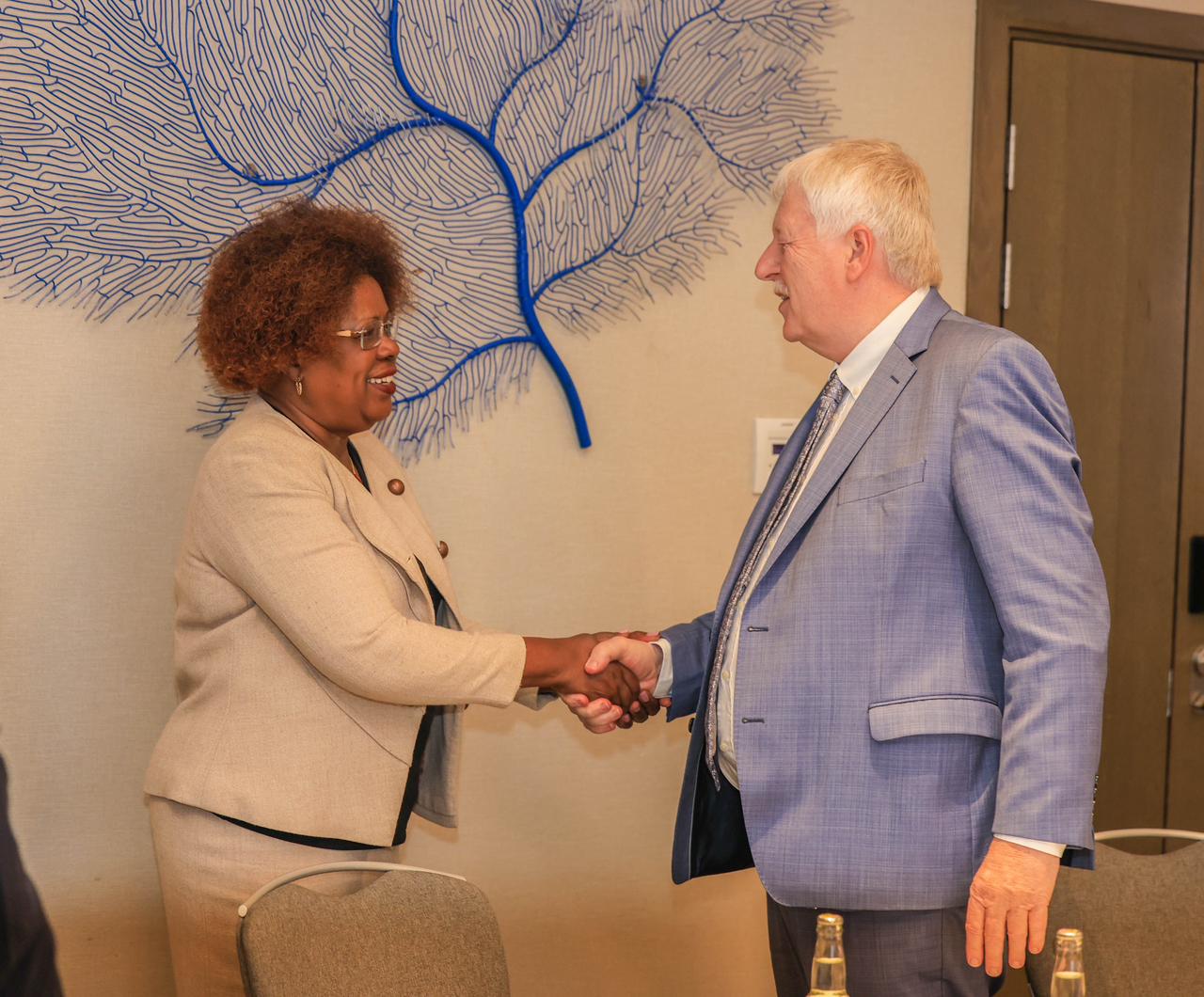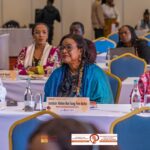The Ministry of Water, Sanitation, and Irrigation (MoWSI), with the support of the Government of the Kingdom of the Netherlands and the Water and Sanitation Development Partners Group, commissioned a water sector study ni July 2022 with the overarching objective of unlocking the local capital market to fund the development of water and sanitation infrastructure in Kenya.
Following the completion of the study in February 2023, the MoWSI has commenced the process of presenting the findings and recommendations of the study for adoption by water sector stakeholders, the private sector, development partners, and other relevant actors.
During a workshop held in Nairobi, Cabinet Secretary, Ministry of Water, Sanitation, and Irrigation Alice Wahome asked the team to pick up momentum without a break so as to achieve the objectives and agenda.
She committed to providing a physical space and critical human resources that will constantly follow up on the agenda.
The CS encouraged water investment and assured investors that the government is committed to working together with investors through Public Private Partnerships (PPP’s) including working on removing barriers and challenges that investors face.
Wahome also challenged different groups to challenge themselves beyond known parameters and also explore new market opportunities for water.
It includes involving Local Women and Youth groups, Schools, and institutions in running water resources such as boreholes and other idle resources that are not yet utilized.
CS Wahome further promised to follow up on filling in existing gaps that are a hindrance towards achieving the main agenda as policies are developed.
The Ministry says Capital Market Funds for the W&S sector do not have to affect public debt levels: through a non-recourse structure, failure to pay only leads to restructuring/write-off as lenders are looking to future cash flows by the WSP.
The long tenor of CMF lowers the annual debt service for a WSP, even if interest rates are high. It stretches the repayment obligation and more closely matches the useful life of the assets of WSPs in Kenya (20-30 years for civil works, and 7-8 years for mechanical and electrical works).
The discipline required to access CMF leads to performance improvement of WSPs: WSPs with good governance that show creditworthiness through improved operations can access CMF instruments
CMF as an additional financing window reduces the burden on public resources: the resources (from Gok and development partners) that are currently used on WSPs that can access other financing windows such as CMF, can be used for other, less creditworthy WSPs
In attendance was also H.E. Maarten Brouwer, Ambassador of the Kingdom of the Netherlands to Kenya, PS Ephantus Kimotho – Irrigation, Eng. Sao Alima – Water Secretary among other distinguished guests





